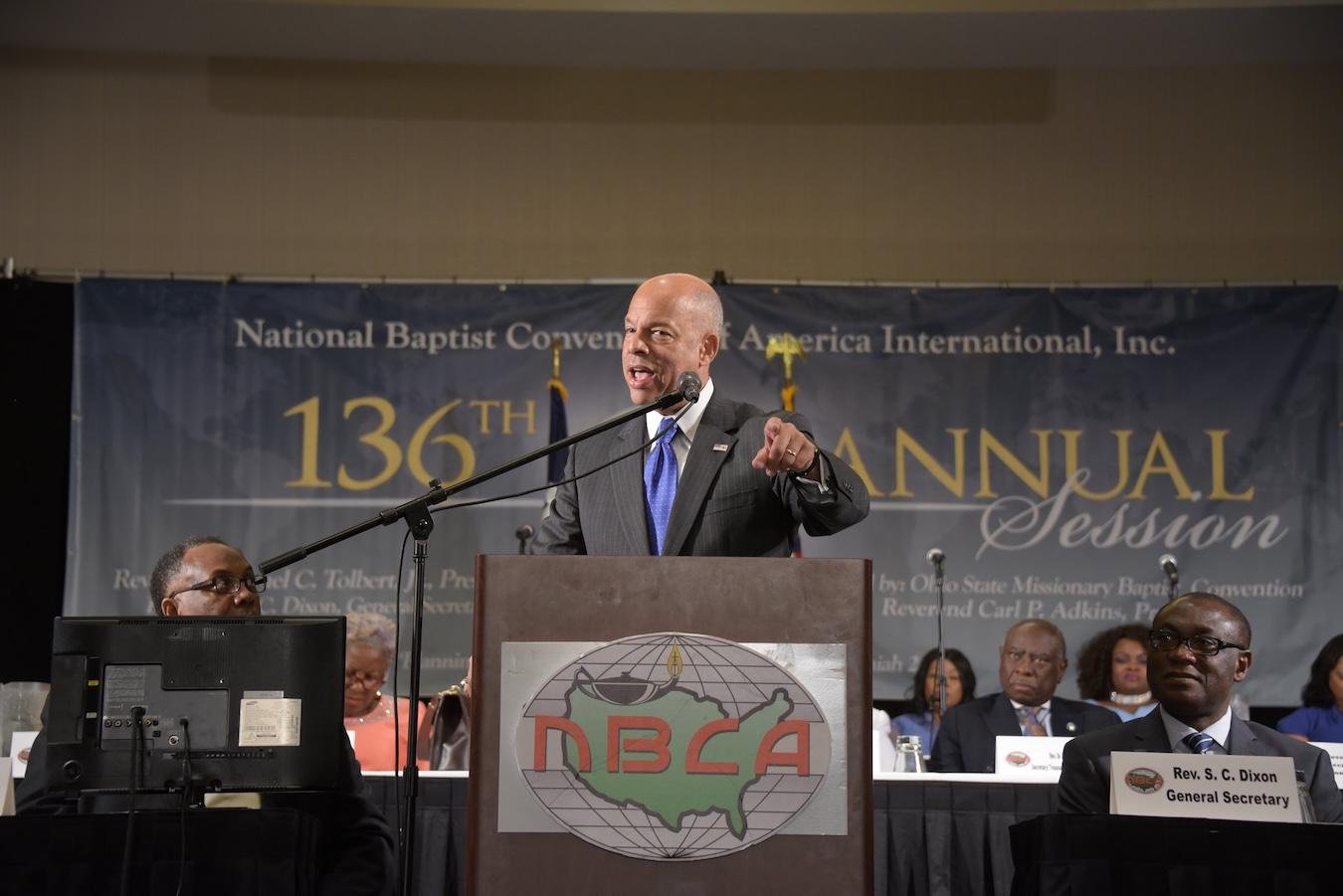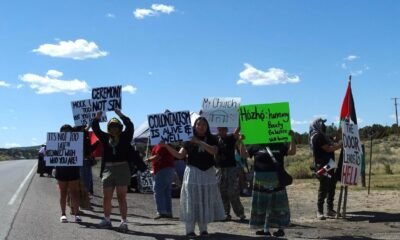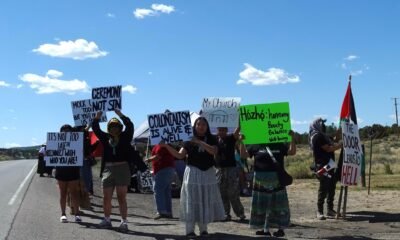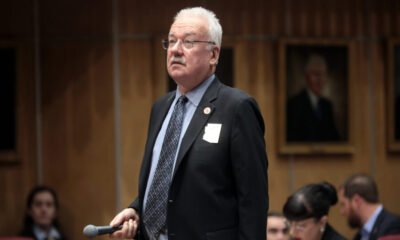Business
Exploring the Rich Diversity of the Black Church and Its Crucial Impact on American Politics

The decline in religious affiliation among Americans, coupled with persistent racism and rising income inequality, has prompted scholars and activists to reflect on the contemporary significance of the Black church in the United States. Recent discussions were ignited by Eddie S. Glaude, a professor of African American Studies at Princeton, who sparked controversy in 2010 by asserting that “the Black Church, as we’ve known it or imagined it, is dead.” He contended that the traditional role of the Black church as a catalyst for moral and social change has faded over time.
In response, various historians and scholars highlighted the complex narrative surrounding the Black church’s identity. Anthea Butler, a noted historian, emphasized that while the Black church may have waned as a change agent, it remains a vital symbol of Black Christian life and community. This dichotomy illustrates ongoing debates about the church’s relevance in today’s society.
The historical context of the Black church reveals deep roots in American politics and social movements. Emerging in the 15th and 16th centuries, African American Christianity was born amid the brutal realities of the transatlantic slave trade. Enslaved Africans were often forcibly baptized into Christianity, despite their adherence to traditional African religions. This coercive conversion served as a mechanism for the suppression and exploitation of the enslaved populace.
In the early 1600s, British missionaries endeavored to convert enslaved Africans and Indigenous peoples. Initially, many white slaveholders opposed these efforts, fearing that Christian conversion would lead to freedom. However, by 1706, laws had been enacted across several colonies to ensure that the religious status of enslaved Africans would not affect their condition as property, leading to the creation of modified religious instruction aimed at reinforcing their enslavement.
As history progressed, African Americans began to establish independent congregations and denominations following the end of slavery. The formation of the National Baptist Convention USA in 1895 marked a significant milestone, establishing the largest Black Protestant denomination in the country. Other notable denominations included the African Methodist Episcopal Church, founded in 1816 by Richard Allen, who sought to create a space for Black worship free from discrimination.
The contributions of the Black church extend beyond spiritual guidance; they have been pivotal in shaping American political history. Throughout the years, Black churches served as incubators for social and political activism. Notable figures such as Denmark Vesey and Nat Turner used their platforms for abolitionist movements and insurrections against slavery.
During the Reconstruction era, Henry McNeal Turner emerged as a powerful voice, becoming one of Georgia’s first African American legislators. Meanwhile, activists like Ida B. Wells utilized their faith to combat racial injustices, notably organizing campaigns against lynchings and advocating for women’s suffrage.
The Black church’s influence was profoundly felt during the Civil Rights movement, with figures such as Bayard Rustin and Pauli Murray lending their voices and efforts to the fight for social justice. Despite their significant contributions, challenges such as discrimination and internal divisions over issues like LGBTQ rights have persisted within the community.
Today, the Black church remains a diverse institution, representing a range of theological beliefs and social perspectives. Even as the number of religiously unaffiliated individuals grows, the Black church continues to serve as a vital institution, advocating for the dignity and rights of African Americans based on a legacy of resilience against racism and discrimination.


















